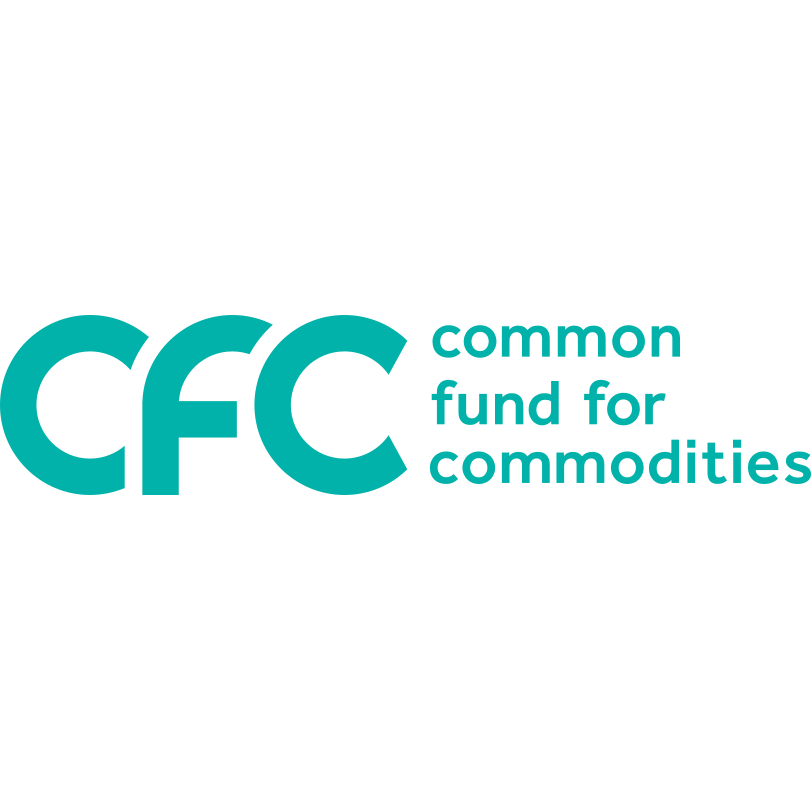Interning at the Common Fund for Commodities (CFC) was a completely new experience for me. The CFC is an intergovernmental financial institution – more precisely an impact investing fund – that finances projects in commodity-dependent developing countries which should achieve socio-economic and environmental impact. So, one might think “What can a communications intern do there?” – a lot!
The CFC operates with a biannual Call for Proposals in order to receive projects proposals. To attract good proposals, not only strategically promoting the Call for Proposals is important, but the rest of the digital communication throughout the year must be well planned. When I arrived, I developed a communication strategy that I consequently implemented and still use. As for the Call for Proposals, we use LinkedIn Ads and Google Ads; this made me developed my skills in both setting up campaigns and analysing their performance. For Google Ads specifically, monitoring the performance on a regular basis was fruitful as we reached a good click-through rate, meaning that the budget was spent efficiently!
Aside from technical tasks, the Newsletter released every April and October is an important communication channel to inform our stakeholders on our activities. Highlights of the Newsletter include impact stories – personal stories from project counterparts whose businesses (and the livelihoods of their communities) have improved since they received CFC financing. To create these impact stories, I interviewed the project counterparts and asked them about the evolution of their business, with emphasis on personal stories.
For instance, once I interviewed the marketing manager of an exotic fruits company in Madagascar. His father created the company over twenty years ago, so he provided me with details on the evolution of the company, and what challenges they faced before being able to kick off their business. Back in the 1990s, they were mainly exporting lychees to the European markets, yet consumers didn’t know about this fruit and were thus reluctant to purchase it. The marketing manager shared how resilience, rethinking their business model, and drive to make African fruits known to other continents helped them become a pioneer in exporting exotic fruits. Most importantly, this has helped many smallholder farmers in Madagascar to receive higher incomes and have better living standards.
Another issue he mentioned was the waste of fruits due to non-aesthetic concerns from consumers – such as a distorted carrot. To reduce waste, the company has set-up a processing facility in Madagascar to process this category of fruits into juices for international exports. Lastly, he emphasised how certifications such as Fairtrade and Organic helped the company get their products accepted by foreign consumers. Obtaining certifications is actually expensive for the producers and is a lengthy process, but this also enables the smallholder farmer to receive a fixed price for their offtake and thus have better livelihoods. So if you were wondering why you pay those organic bananas at a higher price, here is the answer 😉
This is only an example of my activities at the CFC, yet it reflects well the impact that the organization achieves and how rewarding it is to be a communications intern there!


